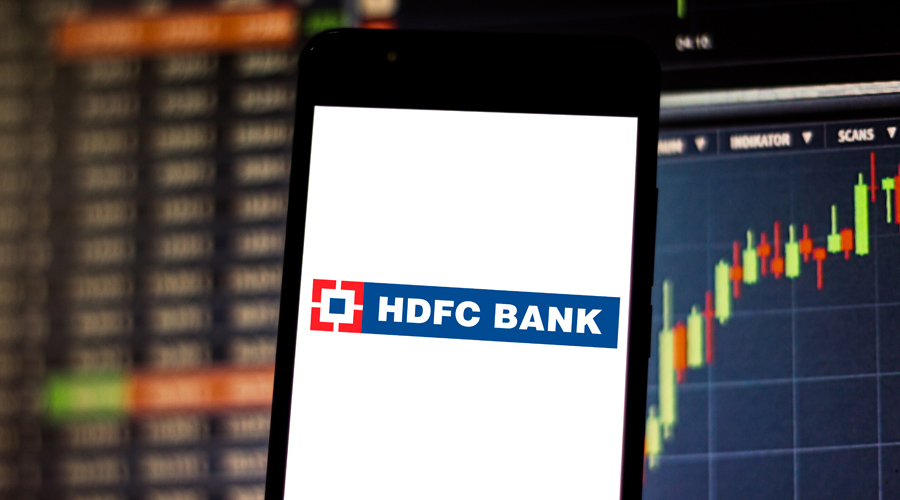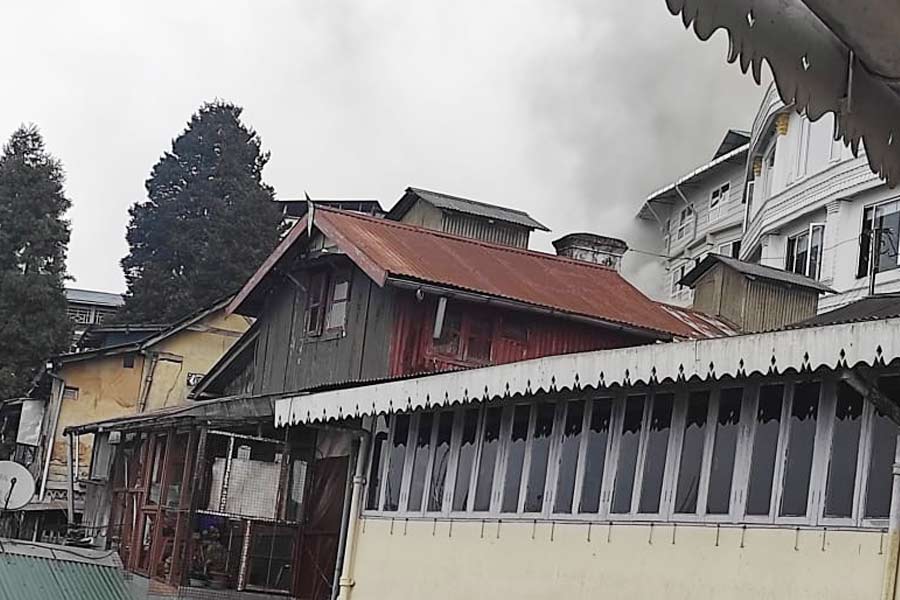India's largest private lender HDFC Bank on Monday agreed to take over the biggest domestic mortgage lender in a deal valued at about USD 40 billion, creating a financial services titan in the largest deal in the country's corporate history.
The proposed entity will have a combined asset base of around Rs 18 lakh crore. The merger is expected to be completed by the second or third quarter of FY24, subject to regulatory approvals.
Making the announcement, HDFC Chairman Deepak Parekh said it is a 'merger of equals', which will also benefit the economy as a larger balance sheet and capital base will allow greater flow of credit into various sectors.
The transaction involves the amalgamation of HDFC and its two wholly-owned subsidiaries HDFC Holdings and HDFC Investments with HDFC Bank.
HDFC, as the promoter of HDFC Bank, holds 21 per cent in the lender along with the two subsidiaries, which on merger will be more than double the size of private sector peer ICICI Bank.
"The merger is a coming together of equals. Our customers will be the biggest beneficiaries," Parekh told reporters.
According to the merger scheme, HDFC shareholders will receive 42 shares (each of face value of Re 1) of HDFC Bank for 25 shares (each of face value of Rs 2) they own in HDFC. Equity shares held by HDFC in HDFC Bank will be extinguished as per the scheme.
On the merger becoming effective, HDFC Bank will be 100 per cent owned by public shareholders and existing shareholders of HDFC will own around 41 per cent of HDFC Bank.
Parekh said over the past few years there have been certain regulatory changes for banks and non-banking financial companies (NBFCs) which have considerably reduced the barriers for a potential merger.
"For an NBFC, the arbitrage which was available in the past is getting narrowed now. So, there is very limited advantage for being an NBFC because they are being regulated at par with banking regulations," he said.
He added that the strategic rationale for the proposed merger includes reduction in SLR (statutory liquidity ratio) and CRR (cash reserve ratio) requirement for banks from 27 per cent to 22 per cent and favourable interest rates today compared to the past.
He also said banks have now an option to invest in priority sector lending (PSL) certificates to meet regulatory requirements as against direct lending to agriculture and MSMEs in the past. Besides, with RERA and the Insolvency and Bankruptcy Code (IBC), real estate is witnessing an increased level of transparency.
HDFC Bank has requested the Reserve Bank of India (RBI) for a phased-in approach in respect of SLR/CRR, priority sector lending, grandfathering of certain assets and liabilities and in respect of some subsidiaries, Parekh added.
HDFC Bank chief executive and managing director Sashidhar Jagdishan said the value of the proposed deal is USD 40 billion.
"The value of HDFC is USD 60 billion. If you strip off the portion of their (HDFC) holding in us (HDFC Bank), it comes to USD 40 billion and that's the value of the deal," Jagdishan told reporters.
He said the primary motivation for the merger was to fulfil the latent demand of housing from their customers.
The combined balance sheet will be Rs 17.87 lakh crore and the net worth will be Rs 3.3 lakh crore, as of December 2021 balance sheet.
As of April 1, 2022, the market capitalisation of HDFC Bank was Rs 8.36 lakh crore (USD 110 billion) and that of HDFC Rs 4.46 lakh crore (USD 59 billion).
Both the stocks rallied in Monday's trading session after the merger announcement.
HDFC Bank soared 9.97 per cent, pushing its market capitalisation to Rs 9,18,591.13 crore. HDFC spurted 9.30 per cent, with its market valuation swelling to Rs 4,85,691.18 crore.
Speaking on the deal, HDFC vice-chairman and chief executive Keki Mistry said the merger will be EPS (earnings per share) accretive from day one.
The merger will take anywhere between 12 and 18 months, Parekh said.
Post merger, all the subsidiaries and associate companies of HDFC will be owned by HDFC Bank.
Parekh also clarified that the merger will not impact employees of HDFC.
On HDFC Life Insurance Company, Parekh said HDFC owns around 48 per cent stake and would like to increase its holding, if the regulator permits.
"We have written to the RBI and we hope to get a reply sometime sooner for permitting us to keep the stake as it is or they may tell us to buy 1 per cent which we can easily buy to make it compliant to the banking regulation of holding 50 percent," he said.
S&P Ratings said the proposed merger will likely result in significant market share gains for HDFC Bank, given HDFC is the largest mortgage lender.
It will raise HDFC Bank's loans by 42 per cent to around Rs 18 lakh crore (USD 237 billion), and increase the market share to about 15 per cent, from 11 per cent now.
Post-merger HDFC Bank will be twice the size of ICICI Bank, which is the third-largest bank now.
This is the second reverse merger in the banking sector after ICICI Ltd did a similar amalgamation with its banking arm ICICI Bank in October 2001.











